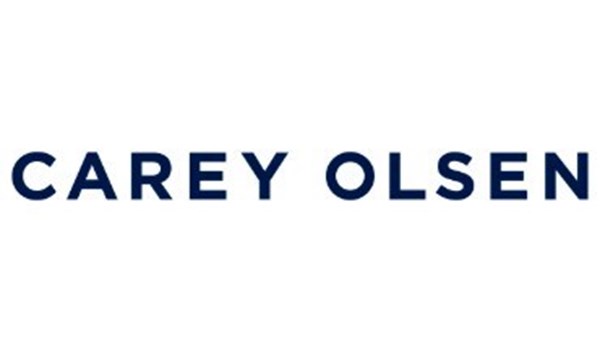The US Treasury Department has taken a significant step towards addressing the burgeoning world of Non-Fungible Tokens (NFTs) by recommending closer collaboration between the government, industry stakeholders, and NFT developers. This comes in the wake of the Treasury’s first-ever report on NFTs, titled “Illicit Finance Risk Assessment of Non-Fungible Tokens (NFTs),” published on May 29, 2024.
The report highlights the growing popularity of NFTs and the potential risks associated with them, particularly in the areas of fraud, scams, and money laundering. While the Treasury found “little evidence” of NFTs being used for terrorism financing, the lack of regulations surrounding this new asset class has created vulnerabilities that fraudsters are exploiting.

A Call for Collaboration
The core message of the Treasury’s report is a call for collaboration. The department recognizes the potential benefits of NFTs and doesn’t advocate for stifling innovation. Instead, it proposes a collaborative approach that would involve:
- Industry Stakeholders: This includes NFT marketplaces, exchanges, and other businesses involved in the NFT ecosystem. The Treasury wants these stakeholders to implement stricter Know Your Customer (KYC) and Anti-Money Laundering (AML) procedures to identify and prevent illicit activity.
- NFT Developers: The report emphasizes the importance of working with NFT developers to create inherent safeguards within the technology itself. This could involve exploring methods for tracking ownership history and flagging suspicious transactions.
- Government Agencies: The Treasury acknowledges the need for government agencies to adapt and develop a comprehensive regulatory framework for NFTs. This framework should balance innovation with consumer protection and national security.
Also, read – The NFT Enigma: Deciphering the Value of Art in a Digital Age
Addressing NFT Fraud and Money Laundering
The report identifies several key areas where NFTs are susceptible to fraud and money laundering:
- Wash Trading: This deceptive practice involves an individual buying and selling an NFT to themselves, artificially inflating the price and potentially misleading other buyers.
- Pump-and-Dump Schemes: Fraudsters can use social media and online communities to hype up an NFT project, driving up the price before selling their holdings and leaving unsuspecting investors with worthless tokens.
- NFT Laundering: Criminals can purchase NFTs with stolen funds and then resell them through legitimate marketplaces, effectively converting their illicit gains into seemingly legitimate assets.
The Treasury Department emphasizes the importance of robust KYC and AML procedures to combat these issues. Additionally, increased transparency within the NFT ecosystem is crucial. This could involve requiring NFT marketplaces to disclose ownership information and transaction history more readily.

The Road Ahead
The Treasury Department’s report marks a turning point in the ongoing conversation surrounding NFTs and regulations. While some may see it as a potential hindrance to innovation, the collaborative approach outlined in the report offers a promising path forward. By working together, the government, industry, and developers can harness the potential of NFTs while mitigating the associated risks.
Several key questions remain to be addressed:
- What specific regulatory framework will be developed for NFTs?
- How can a balance be struck between innovation and consumer protection?
- What role will self-regulation play within the NFT industry?
The coming months will likely see further discussions and developments on these issues. The Treasury Department’s report serves as a springboard for creating a more robust and secure future for the NFT ecosystem.





